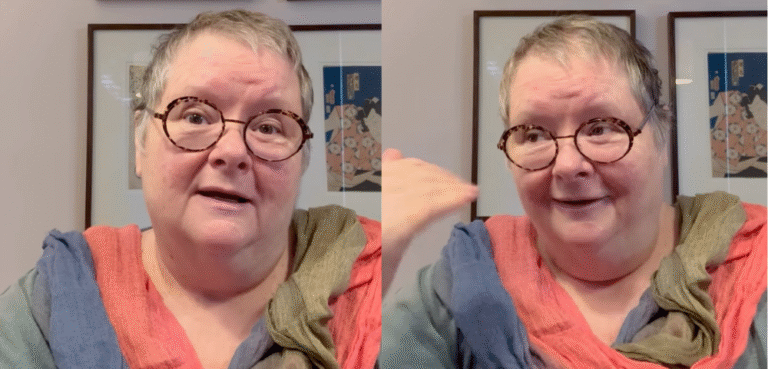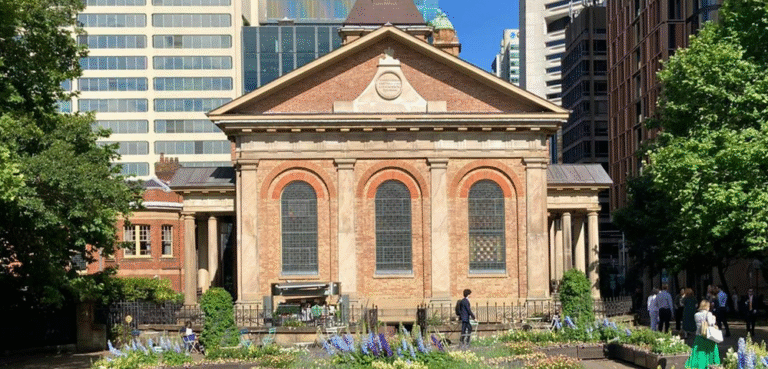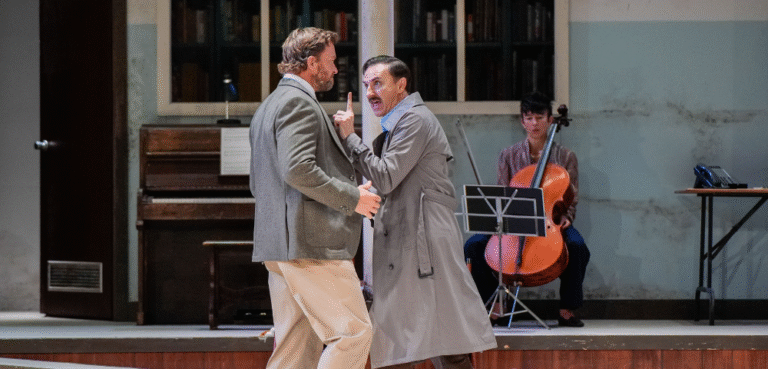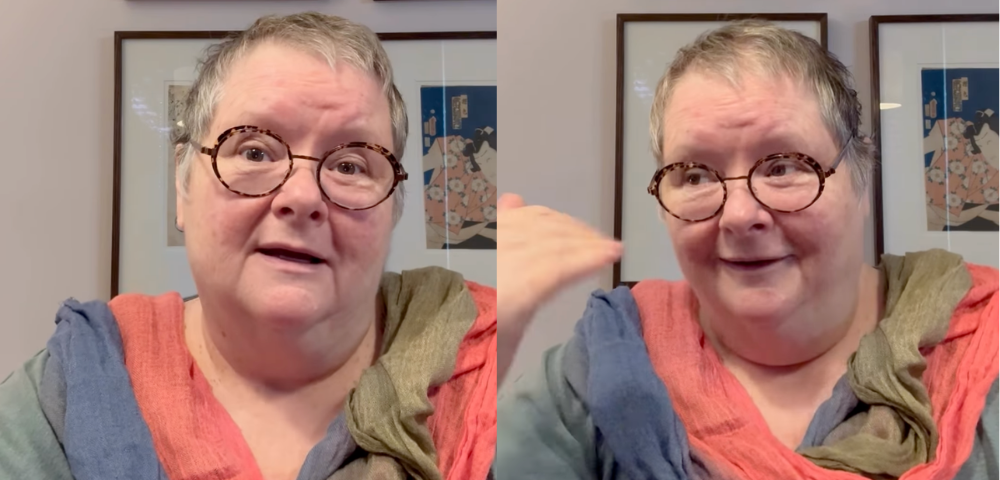
To end HIV, it’s imperative no one gets left behind
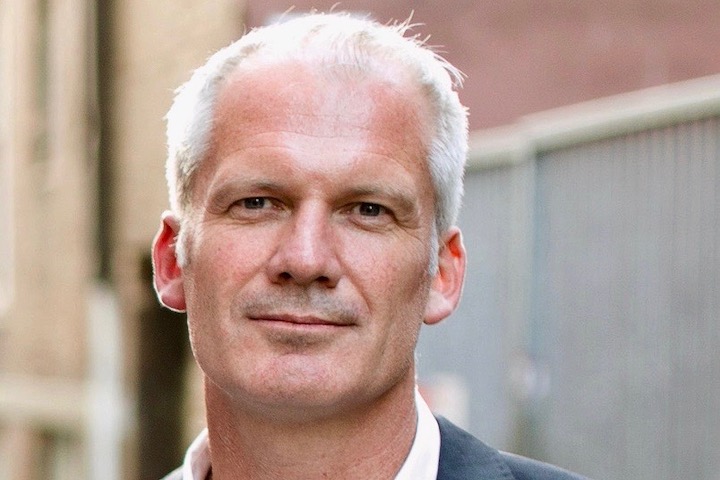
When World AIDS Day was first held in 1988, it was a time of adversity, devastation and grief. Our communities were engulfed by the HIV crisis – friends, family, partners and lovers were getting sick and dying. We were stigmatised and marginalised, living under a cloud of fear and uncertainty.
But in the face of seemingly insurmountable odds, gay men mobilised and took action, as did other affected groups such as sex workers and people who injected drugs. Marching alongside were researchers, scientists, clinicians and policymakers, all of whom bravely took up the fight against HIV and AIDS. Thirty years on, HIV is still with us – but times have changed.
We have made remarkable progress since the early years of the HIV crisis. In 2018, NSW recorded the lowest rate of HIV notifications since surveillance began. Recent data shows that HIV diagnoses continues to decline overall, HIV testing rates are at an all-time high and more people living with HIV are on treatment than ever before.
Such gains are a testament to the strong partnership in NSW between government, community, researchers and clinicians. This partnership – rooted firmly in the tenets of cooperation and collaboration – is at the core of NSW’s HIV response, and will steer the future of HIV and its impact in our communities.
The challenge before us now is to maintain the momentum in our progress. The downward trend in HIV notifications show that the virtual elimination of HIV transmissions is possible. As we enter a new decade, we must remain steadfast in our pursuit and continue our collective efforts to end HIV in NSW.
Critical to this endeavour is the constant regeneration of our approach, the removal of barriers to technologies and services and, importantly, new investments in innovative programs and targeted initiatives.
ACON’s recently published discussion paper, Imagining HIV in 2030, foreshadows a bleak future should we simply maintain the status quo or, worse still, efforts are wound back or withdrawn due to disinvestment.
We must also ensure that laws and policies do not hinder our advance. Legislation that stigmatises and criminalises our communities can have significant implications on our progress and our health. We know that stigma can have profound impacts on people living with HIV and can prevent those at risk from getting tested and seeking support. We remain committed to working with policymakers to ensure legal frameworks and policy settings do not run counter to our mission.
While we have made significant advancements, now is not the time to lose our collective focus. Nor is it the time to be implementing myopic policies that impede our progress. We must remove barriers to ensure all in our communities are benefiting from the ongoing developments in HIV prevention, treatment and care. In order to end HIV, it’s imperative that no one gets left behind.
World AIDS Day provides us with an important opportunity to reflect on the past and remember those we have lost to an AIDS-related illness. In doing so, it also allows us to think about how far we have come and to survey the journey ahead.
Our ability to move forward is only possible if it’s done in step with our communities. Our HIV response started with community and it will end with community. It is essential that gay men and other men who have sex with men in NSW continue to mobilise around our efforts to end HIV. We’re all in this together.
We thank our communities for their ongoing commitment to ending HIV and encourage everyone to continue to be part of the movement by testing often, treating early and staying safe.
Nicolas Parkhill is the CEO of ACON, NSW’s leading HIV and sexuality and gender diverse health organisation.

